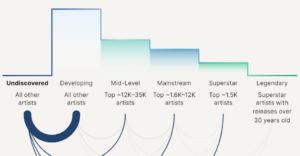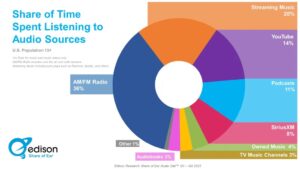Journalistic plagiarism destroys the academic and journalistic value of an article

I am glad that Skylight.gr was the first publication in Greece that published the news about Dire Straits on previous Friday (14/01/2011). On the other hand I am sad that today (17/01/2011) other Greek media republished these news from Skylight without giving credits at least to Reuters which is the original journalistic source that I refer in the site:
However when you re-publish news from other sources like Skylight.gr which was not the original source of information and do not want to mention the original source of information which was Reuters then you have to use the Harvard model for “second hand references” or “secondary referecing”. This means that you have not read the original text but are refering to it from a secondary resource.
In the Harvard model you use the term “cited in…”, followed by the reference for the work in which it is quoted, i.e. the work you have actually read. It is the work you have actually read that then appears in the refererence list at the end of your article / document.
For example:
“The decision doesn’t really relate to the Dire Straits song at the end of the day, the decision relates to the word in question,” Ron Cohen, the council’s chairman, told the Canadian Broadcasting Corp. (Cohen, 2011, cited in www.skylight.gr, 2011)
I hope that my Greek coleagues in other media are going to start publish journalistic articles by refering to the source in order to create academic and journalistic value for their work. Otherwise, they fall in the plagiarism trap and prove that they do not respect their journalistic effort and of course THE READER!
Written by
Billy Yfantis


